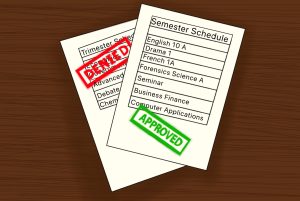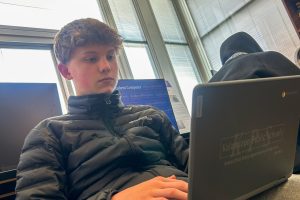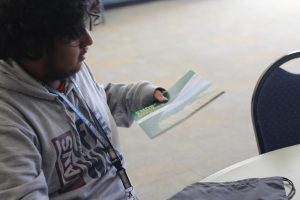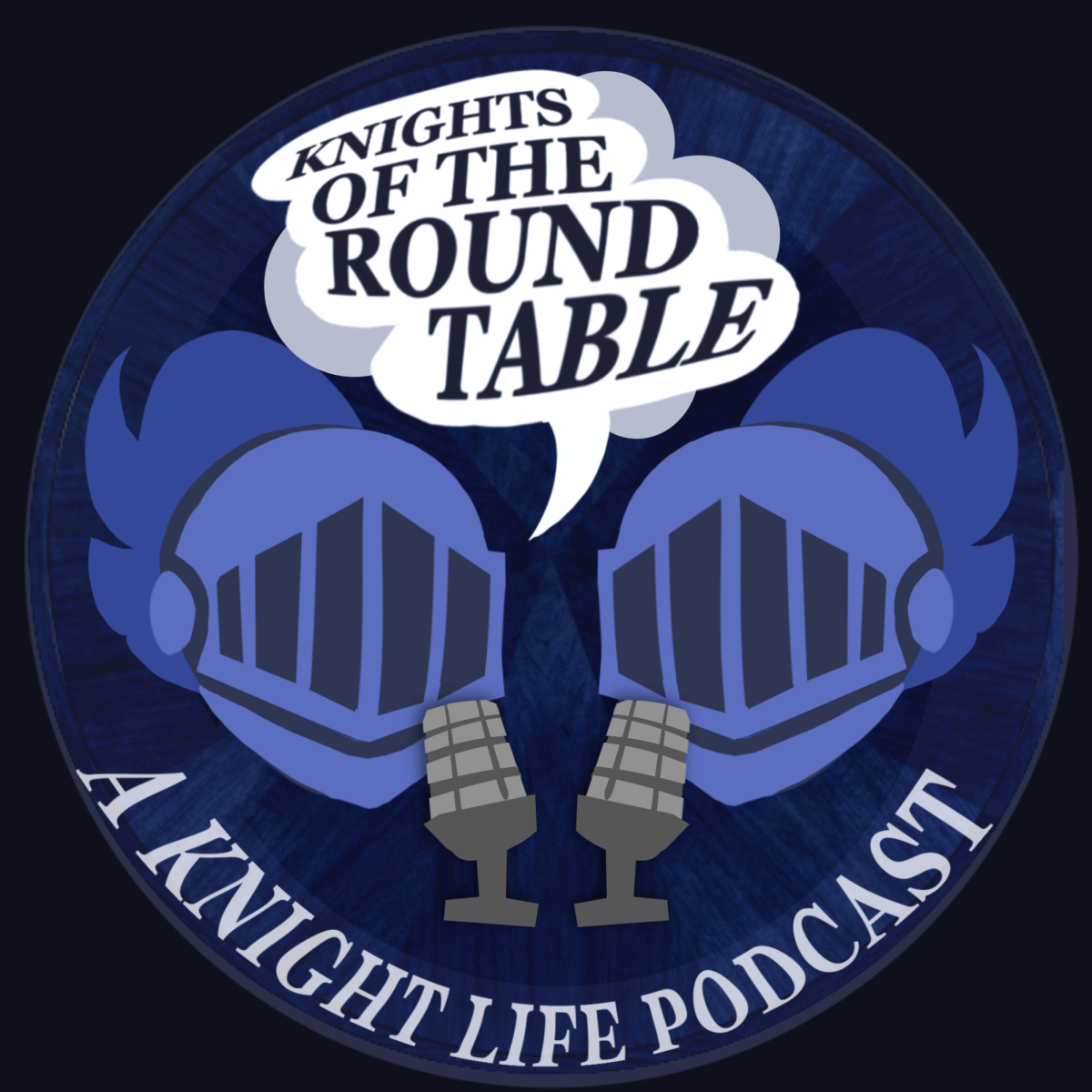Thinking Like a Scientist: Science Courses Should Be a Greater Focus in High School
June 26, 2019
By Collin Carnell

Throughout the nation, different science fields and scientific findings are coming under attack. There are claims that global warming isn’t happening, that vaccinations cause autism, that genetically modified organisms are completely unsafe to eat. Meanwhile, science has less of a focus in United States schools and public education than other major subjects such as literature and writing, mathematics, and history.
Science teaches important skills including, but not limited to, critical thinking, the ability to gather and analyze data, and a desire to ask questions about everything.
Chemistry teaches us the rules and knowledge of everything that comprises our universe.
Biology teaches us the progress of life and the differences of the immense number of creatures that inhabit the Earth, as well as the similarities.
Physics teaches us how the universe works on a mechanical level, how it moves and how fundamental concepts work.
These subjects, and many others, all reveal how there is far more to the universe than meets the eye. All of these subjects are considered electives in many public school systems across the nation.
In Michigan, the state only requires 3 credits of science courses, whereas it requires 4 credits of English Language Arts and 4 credits of mathematics for high school graduation.
This reduced focus on science education is also visible in the way science courses are scheduled. Many science courses are elective courses throughout the state’s high schools, with students being able to choose any combination of them to fulfill the credit requirement. At Loy Norrix, the only required science class is Biology, with everything else being a choice of how you want to fulfill the credit requirements. Many students may choose courses which they feel won’t be a challenge to complete, relative to what they could do, or already have knowledge of, thereby learning less than they would if they chose a more challenging course on a subject in which they know very little.
A good course, which would be beneficial for just about everyone regardless of career interests, is a course which teaches scientific thinking and process rather than a particular topic. Instilling the ability to think about how to form hypotheses, conduct experiments, record data, and analyze the results is important to more than just students pursuing a career in science. It can prove beneficial to those who work in fields requiring close analysis of outputs and inputs, as can be seen in computer science and programming, those who need to record information as well as analyze and compile the information, such as accountants or financial advisors.
Another application of such skills include forming hypotheses based on available data, as seen in marketing staff and business managers and owners that need to decide what to make or how to market based on consumer demographics.
Such a course would also be helpful in life beyond your career. Improved critical thinking skills are important to informed voting in elections and skepticism of outlandish or suspicious news stories.
In my case, the science courses I have taken have helped me to question news stories I see on social media. A story from the news website empirenews.net claimed that a Florida billionaire had more than 900 bodies buried on his estate. Due to the critical thinking skills I have gained from my high school science classes, I thought it seemed incredibly suspicious, as I had heard nothing about it anywhere else in the news. Only after investigating the website did I find that the website is satirical in nature. The website did not made it clear at all and the story is being spread across social media as though it wasn’t satirical. Without the science classes I took, without my knowledge and usage of critical thinking skills, I may not have questioned the article.
Teaching high school students these skills can help them in a wide variety of ways, including employing various career skills, giving students the tools to figure out what may be untrue or overblown based on context, and helping students analyze what information they have and come to their own conclusions based on the data.
Opponents of increased focus on science education would make several arguments. Perhaps the most prominent among these arguments is the cost of hiring more teachers to teach such classes and the expense of buying the equipment necessary for some of the courses.
While the typical wages for teachers have decreased in recent years, you still need to hire teachers with specialized science knowledge. Beyond this, any classes that require specific materials, such as glassware for chemistry experiments, will quickly add on to the cost. This is compounded by the fact that high school funding is decreasing across the country.
According to How to Become a Science Teacher: Salary, Requirements, by the Room 241 Team from Concordia University, the median annual salary for high school science teachers was more than $57 thousand.
Additionally, equipment such as beakers, flasks and other glassware for science classes is expensive. A single 200 milliliter beaker on amazon would cost $23.49. Typically, a classroom that would use them may have 30 or more beakers for the purposes of everyone being able to participate in labs. For just that singular type of glassware, if you had just 10 of those beakers 200 milliliter beakers, you would be paying $234.90 per classroom that has the equipment.
Depending on the size of the school, you may have more than one classroom using science equipment. Loy Norrix, for example, has two chemistry teachers.
This cost is offset when you consider the value of science and engineering occupations today. Even if some students will not pursue a career in scientific fields, high school science classes instill skills important to many aspects of life, including investigating information based on the context of the situation, analysis of data, how to gather data without skewing the results, and many other skills valuable to just about every person alive.
Beyond this, chemistry, physics, and other science fields are used in many things, from developing new synthetic materials to researching the medications we may take. Science is integral to advancements in almost every occupation in the world, yet science education in the United States is on the decline.
Perhaps we should look at our schools just as much as we look at the future. The students that come out of high school will play a big part in the years to come.










